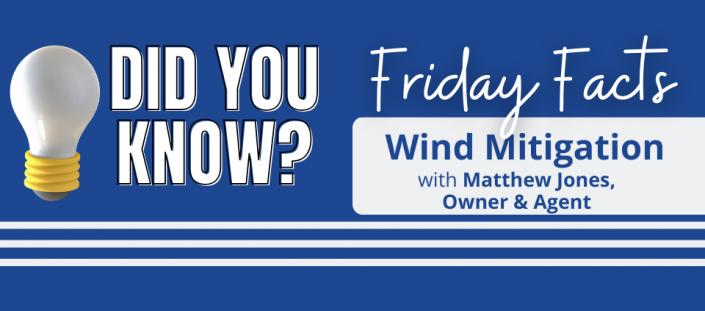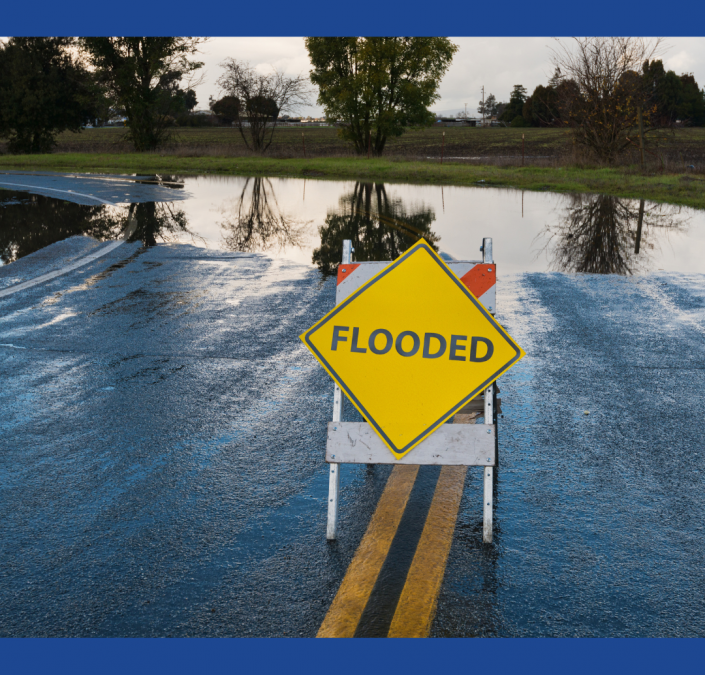
by Morgan Timko | Dec 15, 2023 | Did You Know?, Wind Mitigation
In this video, Agent & Owner Matthew Jones guides you through the important aspects of a wind mitigation report. He discusses the requirements for roofs built after 2002, the significance of roof deck attachment, the role of trusses in securing the roof, the...

by Morgan Timko | Dec 3, 2023 | Did You Know?, Flood Insurance
In this video, Owner & Agent Matthew Jones explains the process of transferring a flood insurance policy and how it can help you save on premiums. He discusses the changes made by FEMA in 2021 and the new rating system called Flood 2.0. He also shares a real-life...
by Morgan Timko | Nov 15, 2023 | Homeowner's Insurance
Florida, known for its sunshine and sandy beaches, is facing a less glamorous reality as homeowners grapple with the escalating costs of home insurance. Floridian’s have seen premiums go up by more than 40 percent, 3.5 times the nation’s average and they...
by Morgan Timko | Nov 2, 2023 | Homeowner's Insurance, News
How much do you know about homeowner’s insurance coverage? If you are like most people, you have a policy but aren’t quite sure what it covers Unfortunately, this lack of knowledge by the general public has caused some ugly misconceptions about insurance...
by Morgan Timko | Dec 8, 2020 | Homeowner's Insurance
4 Ways the Holidays Might Affect Your Homeowners Insurance These four holiday risks could impact your coverage – and cause claims. Are you prepared? There’s No Place Like Home (owners Insurance) for the Holidays Whether you consider yourself jolly or grinchy,...




